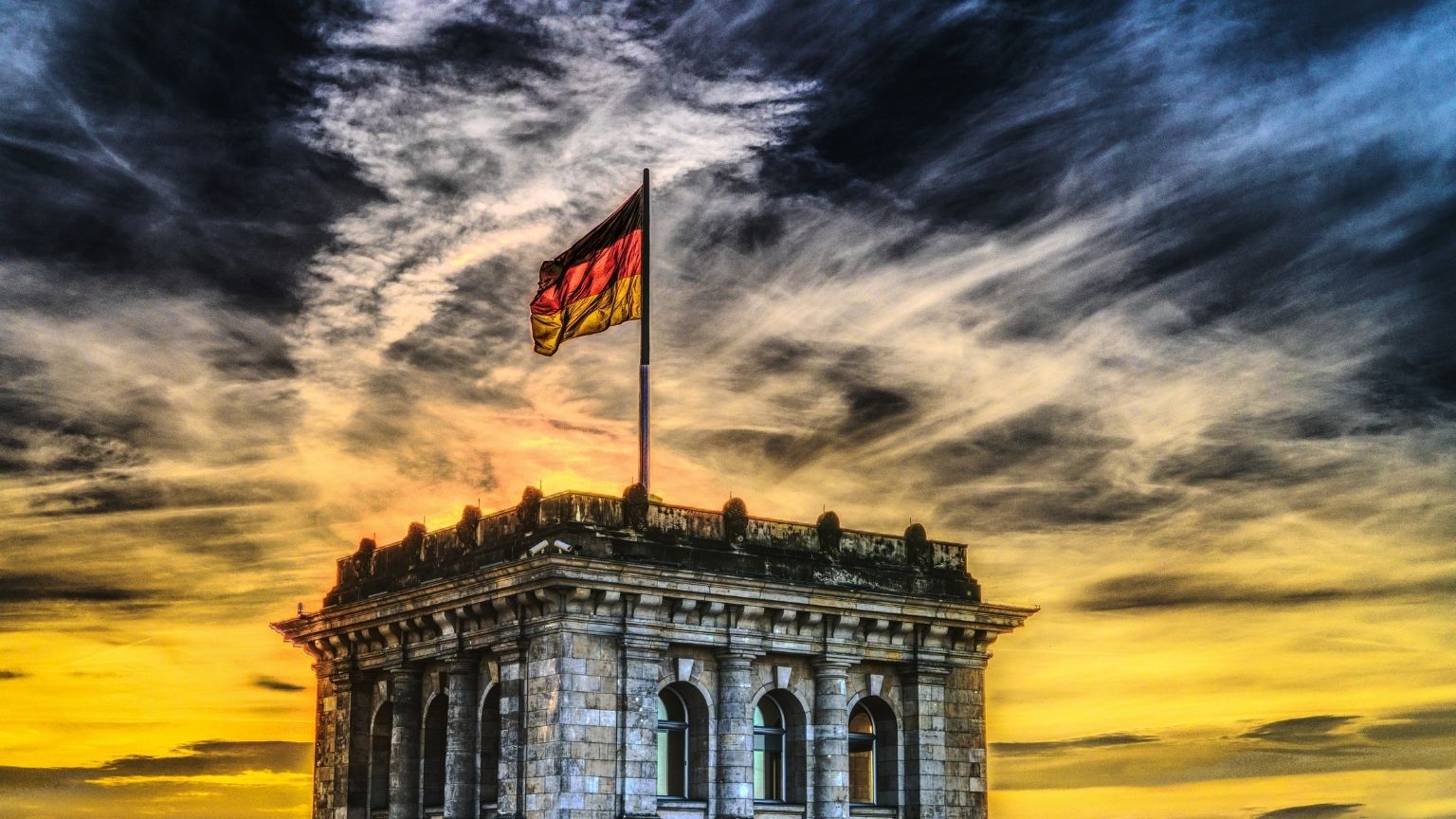In 2018, Germany passed a controversial law requiring social media companies to remove criminal content and report it to law enforcement. The law also required these companies to publish regular compliance reports.
Last May, the German parliament amended the law, passing even stricter and wider regulations for social media companies. The expanded version of the law took effect in February.
Google, which owns YouTube, Meta, Facebook and Instagram’s parent company, and Twitter filed legal complaints against the law.
In its complaint, filed on January 31, Twitter argued that: “We are concerned that the law provides for a significant encroachment on citizens’ fundamental rights,” a Twitter spokesperson said to Reuters.
“In particular, we are concerned that the obligation to proactively share user data with law enforcement forces private companies into the role of prosecutors by reporting users to law enforcement even when there is no illegal behavior.”
On March 1, Cologne’s administrative court ruled on Meta’s and Google’s complaint. The court argued the online hate-speech law violated EU law because it allowed users’ data to be shared with law enforcement even before it is determined if a crime has been committed.
The decision can be appealed at a higher court.










